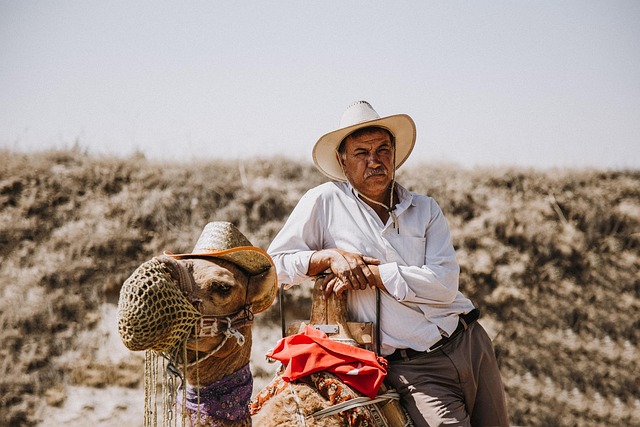The Circle of Hope Girls Ranch, initially a haven for at-risk youth, concealed systemic abuse and neglect revealed through former residents' testimonies. Advocacy groups organize campaigns, testimony events, and lobby for policy discussions to support victims and families. A complex legal landscape requires specialized legal aid and leverage of state/federal laws protecting institutional abuse victims for justice and healing.
“The Circle of Hope Girls Ranch, once a haven for at-risk youth, has tragically become associated with widespread abuse. This article delves into the advocacy efforts supporting families affected by the scandal. We explore effective strategies for family support groups, emphasizing the importance of legal rights and available resources for survivors’ relatives. Understanding the background of Circle of Hope Ranch is crucial in navigating the complex journey of healing and justice for the victims.”
- Understanding Circle of Hope Girls Ranch Background
- Advocacy Strategies for Family Support Groups
- Legal Rights and Resources for Survivors' Families
Understanding Circle of Hope Girls Ranch Background

The Circle of Hope Girls Ranch, a seemingly idyllic rural retreat, served as more than just a residential treatment center for at-risk youth. Behind its picturesque facade, a dark history of abuse and neglect unfolded over many years. The ranch, founded with the noble intention of providing a safe haven, instead became a crucible for trauma, where young girls faced physical, emotional, and sexual misconduct at the hands of those entrusted with their care. This reality came to light through brave testimonies from former residents, exposing systemic failures and heinous acts that left indelible scars on vulnerable lives. The revelations sparked a movement for justice and accountability, shedding light on the urgent need for advocacy on behalf of Circle of Hope’s victims and their families.
Advocacy Strategies for Family Support Groups

Advocacy plays a pivotal role in supporting families affected by the Circle of Hope Girls Ranch abuse scandal. Family support groups have employed various strategies to amplify their voices and drive change. One effective approach is organizing awareness campaigns that educate the public about the issues faced by survivors and their loved ones. These events, often featuring personal testimonies, help foster empathy and prompt policy discussions.
Additionally, these groups actively engage in lobbying efforts, directly advocating for legislative reforms related to child protection and juvenile justice systems. By building alliances with like-minded organizations and legislators, they push for policies that ensure better oversight, stricter regulations, and enhanced support services for families recovering from such traumatic experiences.
Legal Rights and Resources for Survivors' Families

The families of those affected by the Circle of Hope Girls Ranch abuse cases face a complex landscape when navigating their legal rights. It is imperative that they are aware of the resources available to them, which include access to legal aid organizations specializing in children’s rights and advocacy. These groups can provide guidance on understanding the legal process, ensuring fair compensation for any harm suffered, and pursuing justice.
Survivors’ kin may also leverage state and federal laws designed to protect victims of institutional abuse. This includes regulations that mandate transparent record-keeping, accountability measures for care facilities, and mechanisms for reporting and addressing concerns. By familiarizing themselves with these rights and resources, families can actively participate in the pursuit of justice and healing for their loved ones, leaving no stone unturned in seeking accountability for the Circle of Hope Girls Ranch abuse.
The journey towards healing and justice for Circle of Hope Girls Ranch abuse survivors involves unwavering advocacy. By organizing support groups, educating communities about the ranch’s history, and leveraging legal resources, families can ensure their voices are heard. Understanding the unique challenges faced by these survivors is crucial, and recognizing their legal rights is a pivotal step in seeking redress. Through collective action, families can navigate the complexities of the justice system and work towards a future where no child endures such harm.
